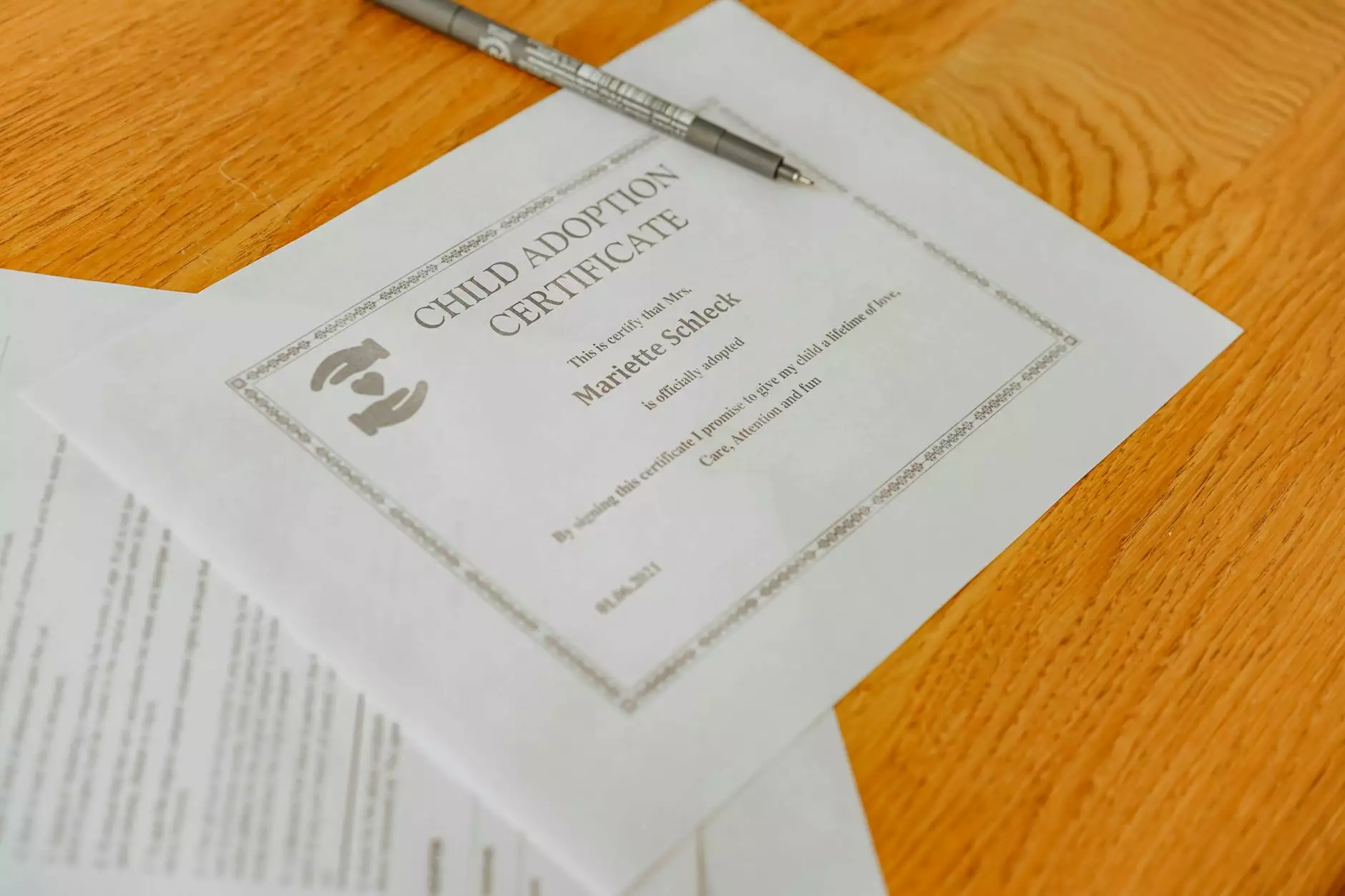Unlocking Business Success: The Role of Professional Employer Organizations (PEOs)

In the fast-paced world of modern business, the professional employer organization (PEO) company model has emerged as a vital resource for companies seeking to optimize their human resources management. As businesses grow, they face increasingly complex challenges related to employee management, compliance with labor laws, and payroll processing. A PEO serves as a co-employer, allowing companies to focus on their core operations while outsourcing these critical functions.
What is a Professional Employer Organization (PEO)?
A professional employer organization (PEO) is a firm that provides comprehensive HR services to companies. By partnering with a PEO, businesses can outsource various HR functions, including:
- Payroll processing: Ensuring employees are paid accurately and on time.
- Employee benefits administration: Managing health insurance, retirement plans, and other employee benefits.
- Regulatory compliance: Ensuring adherence to labor laws and regulations at the local, state, and federal levels.
- Risk management: Providing guidance on workplace safety and employee-related liability issues.
This collaborative relationship allows companies to benefit from the PEO’s resources and expertise while maintaining control over their daily operations.
The Advantages of Partnering with a PEO
Businesses that choose to work with a professional employer organization (PEO) company can experience a myriad of advantages, including:
1. Cost Efficiency
Outsourcing HR functions to a PEO can lead to significant cost savings. PEOs can often negotiate better health insurance rates due to their larger pool of employees across multiple businesses. Moreover, by relieving companies of payroll processing and tax filing responsibilities, businesses can redirect their focus and resources to growth-oriented initiatives.
2. Enhanced Employee Benefits
By teaming up with a PEO, small and mid-sized businesses can offer competitive employee benefits that may be otherwise out of reach. This includes access to 401(k) plans, health insurance, and various perks that enhance employee satisfaction and retention.
3. Increased Compliance and Reduced Risk
Navigating the intricate landscape of employment law can be daunting. PEOs have teams dedicated to staying current with regulations and best practices, which helps clients avoid costly penalties and litigation. With a PEO, businesses can rest easy knowing their compliance is handled professionally.
4. Focus on Core Business Operations
By outsourcing HR tasks, companies can focus more on their core activities. This focus can lead to improved productivity and more strategic growth initiatives as management can dedicate more time and energy to driving the business forward.
5. Access to Expertise
PEOs employ HR professionals who possess a wealth of knowledge across various HR functions. From compliance to benefits administration, this expertise can be especially beneficial for businesses looking to elevate their HR practices without hiring full-time staff.
Choosing the Right PEO: What to Consider
Finding the right professional employer organization (PEO) company is crucial for maximizing the benefits of this collaboration. To ensure you make the best choice, consider the following factors:
1. Reputation and Experience
Research the reputation of potential PEOs. Look for online reviews, testimonials, and case studies. An established PEO with a strong track record will inspire confidence in your decision.
2. Services Offered
Every PEO is different. Some may specialize in certain industries or specific HR solutions. It’s essential to align the services of the PEO with your specific needs. For instance, if your business is in a heavily regulated industry, you’ll want a PEO with experience in compliance.
3. Client Support
Quality customer support is vital when working with a PEO. Ensure the company provides robust support, including dedicated account management, and accessible customer service.
4. Technology and Software
In today’s digital world, the technology a PEO uses should be a priority. Look for PEOs offering user-friendly platforms for payroll and employee management, which can enhance productivity and improve the overall HR experience.
5. Pricing Structure
Different PEOs have varying pricing models. Some may charge a flat rate, while others charge based on the number of employees. It’s important to understand how pricing works and what services are included in the fees.
Understanding the Co-Employment Relationship
One of the unique aspects of working with a professional employer organization (PEO) is the co-employment model. This arrangement means that the PEO and the client company share responsibilities related to employee management. Here’s how it works:
Shared Responsibilities
In a co-employment relationship, the PEO handles aspects such as payroll, employee benefits, and compliance, while the client manages day-to-day operations and business strategy. This allows for a more streamlined approach to employee management.
Employee Relations
Employees may not even realize they are co-employed by a PEO. They may interact directly with their employer while benefiting from the professional oversight provided by the PEO. This seamless integration can enhance employee satisfaction and loyalty.
Success Stories: Businesses Thriving with PEOs
Many businesses have transformed their operations by partnering with a professional employer organization (PEO). Here are a few success stories:
Case Study 1: A Tech Startup
A rapidly growing tech startup struggled with the complexities of HR and compliance. By partnering with a PEO, they were able to streamline their payroll processes and enhance employee benefits. With improved HR practices in place, the company attracted top talent and experienced a 30% increase in productivity within the first year.
Case Study 2: A Manufacturing Company
A small manufacturing company faced difficulties managing compliance with labor laws. A PEO helped them stay compliant while also providing safety training and risk management resources. This partnership not only mitigated potential legal risks but also created a safer work environment, leading to decreased workplace accidents by 40%.
Case Study 3: A Nonprofit Organization
A nonprofit organization needed HR support to focus on its mission rather than administrative headaches. By collaborating with a PEO, they accessed comprehensive HR services, which allowed them to focus their resources on achieving their charitable goals while continuing to meet compliance requirements effortlessly.
Expanding Your Business Horizons
The landscape of business is continuously evolving, and as your organization grows, so do your needs. A professional employer organization (PEO) can provide the necessary support to help your business navigate this complexity. With the right PEO by your side, you can:
- Scale your operations: Focus on growth strategies without being bogged down by HR tasks.
- Enhance team culture: Invest in employee development and well-being with robust benefits.
- Improve employee retention: Retain top talent by offering competitive compensation packages.
- Stay informed: Keep abreast of regulatory changes and best practices in HR management.
Conclusion: Empower Your Business with a PEO
In conclusion, partnering with a professional employer organization (PEO) company like OPES Companies can unlock extraordinary growth potential for your business. By allowing experts to handle your HR needs, you can concentrate on what you do best: running your business. Explore the offerings of a PEO today and discover how they can provide the support you need to thrive in today’s competitive environment.
professional employer organization peo company








